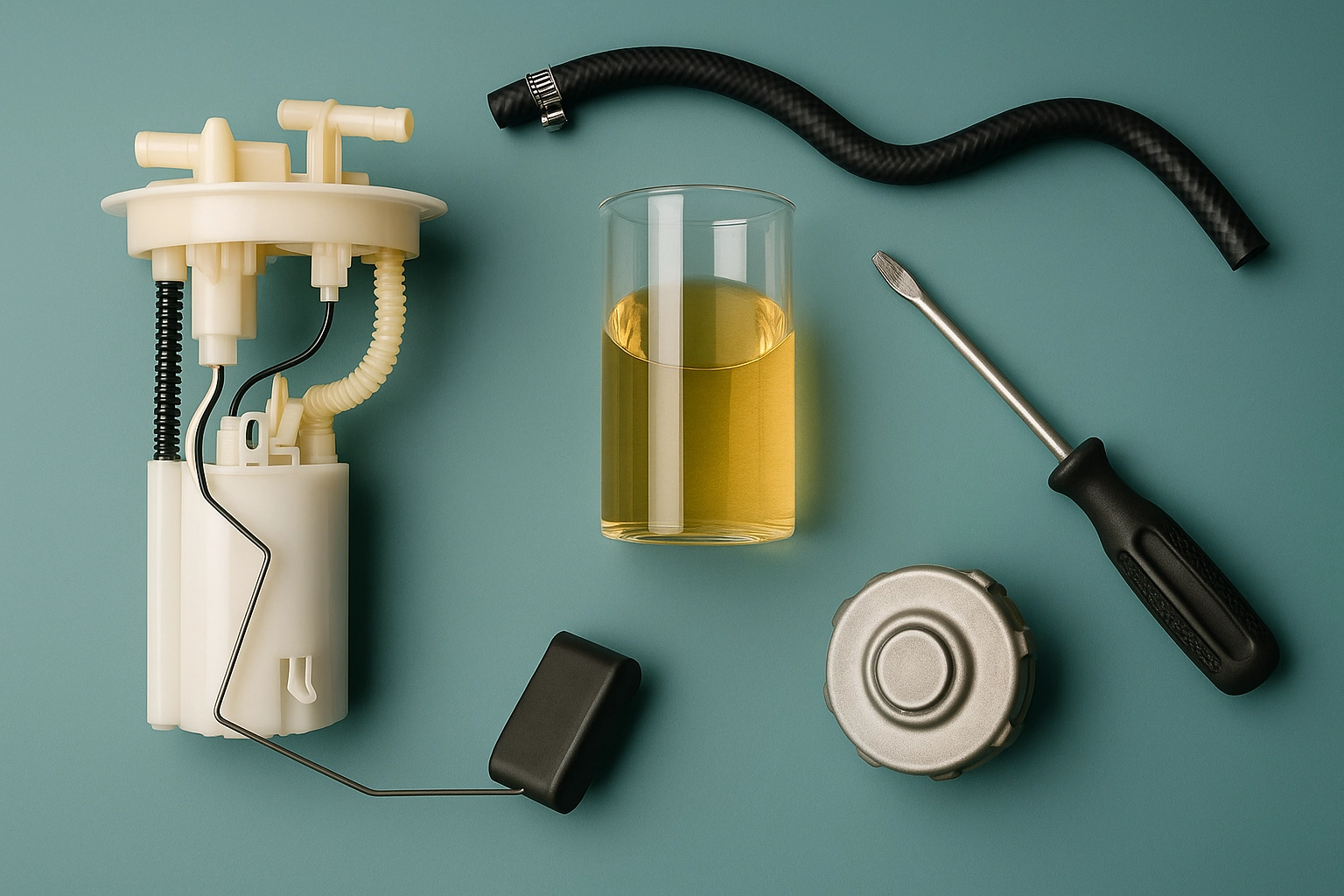ISO 23274 2 Hybrid Vehicle Fuel Efficiency Test
The ISO 23274-2 standard is a comprehensive guide for testing the fuel efficiency of hybrid vehicles. This standard provides detailed procedures to measure and report the fuel consumption, energy consumption, and other performance metrics that are critical for understanding the real-world fuel economy of these advanced vehicles.
Hybrid vehicles combine an internal combustion engine with one or more electric motors. The unique nature of this technology presents challenges in accurately measuring fuel efficiency. ISO 23274-2 addresses these challenges by providing a standardized approach to testing that accounts for the dynamic behavior and interaction between the different power sources.
The test protocol outlined in ISO 23274-2 involves multiple phases, including cold start, warm-up, steady-state driving, and transient driving. Each phase is designed to simulate real-world driving conditions, ensuring that the fuel efficiency results are representative of actual vehicle operation. The standard also specifies the use of advanced instrumentation such as dynamometers, data logging systems, and environmental control chambers.
In addition to measuring fuel consumption, ISO 23274-2 also focuses on energy consumption. This is particularly important for hybrid vehicles, where electricity usage plays a significant role in overall vehicle performance. The standard provides methods for calculating the total energy consumed during the test, including both electrical and thermal energy.
The acceptance criteria specified in ISO 23274-2 are stringent, ensuring that only vehicles meeting specific performance thresholds can be certified as compliant with the standard. These criteria include not only fuel consumption limits but also emissions standards and other relevant regulatory requirements.
For accurate testing, it is essential to follow the prescribed procedures meticulously. This includes proper specimen preparation, such as preconditioning the vehicle for a specified period before testing begins. The use of controlled environments helps ensure that external factors do not influence the test results.
The instrumentation used in ISO 23274-2 testing is sophisticated and precise. Dynamometers are employed to measure torque and power output, while data logging systems capture detailed information about vehicle performance throughout the test. Environmental control chambers simulate various driving conditions, from urban traffic to highway cruising, allowing for a comprehensive evaluation of fuel efficiency.
The reporting process in ISO 23274-2 is equally rigorous. Results are typically presented as graphs and tables detailing fuel consumption, energy consumption, and other relevant metrics. Compliance with the standard is verified by independent third-party auditors who ensure that all tests adhere to the specified procedures.
Understanding the nuances of hybrid vehicle fuel efficiency testing is crucial for quality managers, compliance officers, R&D engineers, and procurement professionals. By adhering to ISO 23274-2 standards, manufacturers can ensure that their vehicles meet rigorous performance expectations, thereby enhancing brand reputation and customer satisfaction.
Industry Applications
| Application Area | Description |
|---|---|
| Manufacturing | Testing hybrid vehicles for compliance with international standards. |
| R&D | Evaluating new hybrid vehicle technologies and improving fuel efficiency. |
| Safety Compliance | Ensuring that hybrid vehicles meet stringent emissions and fuel consumption regulations. |
| Quality Assurance | Verifying the performance of hybrid vehicles in real-world driving conditions. |
| Procurement | Selecting suppliers who adhere to ISO 23274-2 standards for vehicle components and systems. |
The application of ISO 23274-2 extends across various sectors, including automotive manufacturing, research and development (R&D), safety compliance, quality assurance, and procurement. In the manufacturing sector, this standard ensures that hybrid vehicles are tested rigorously to meet international standards. For R&D teams, it provides a framework for evaluating new technologies aimed at improving fuel efficiency. Safety compliance experts use ISO 23274-2 to verify that hybrid vehicles comply with stringent emissions and fuel consumption regulations.
Quality assurance professionals rely on this standard to ensure that the performance of hybrid vehicles is verified in real-world driving conditions. In procurement, adherence to ISO 23274-2 helps select suppliers who provide components and systems that meet these high standards.
Customer Impact and Satisfaction
The implementation of the ISO 23274-2 standard has a direct impact on customers by ensuring that hybrid vehicles perform as expected in real-world driving conditions. By adhering to these stringent testing procedures, manufacturers can provide consumers with accurate fuel efficiency data and emissions information.
Customer satisfaction is enhanced when vehicles meet or exceed expectations regarding performance and environmental impact. ISO 23274-2 testing helps achieve this by providing reliable data that supports the claims made about a vehicle's fuel economy and emissions levels.
For customers concerned with sustainability, knowing that their hybrid vehicle has been tested according to international standards can be reassuring. The transparency provided by these tests fosters trust between manufacturers and consumers, leading to higher customer satisfaction and loyalty.
In summary, ISO 23274-2 testing ensures that hybrid vehicles deliver on their performance promises, thereby enhancing customer confidence and satisfaction.
Competitive Advantage and Market Impact
The adoption of the ISO 23274-2 standard offers significant competitive advantages for automotive manufacturers. By adhering to this rigorous testing protocol, companies can differentiate their hybrid vehicles in a crowded market, demonstrating superior fuel efficiency and environmental performance.
Compliance with ISO 23274-2 not only meets regulatory requirements but also sets the benchmark for industry best practices. This leadership position enhances brand reputation and attracts environmentally conscious consumers who value sustainability.
The standard's focus on real-world driving conditions ensures that hybrid vehicles perform consistently across different geographical locations and climatic zones, giving manufacturers a competitive edge in global markets. By meeting these stringent standards, companies can build trust with their customers, which is crucial for long-term success.
In addition to enhancing brand reputation, ISO 23274-2 testing also supports innovation by providing a robust framework for R&D teams to evaluate new technologies and improve existing systems. This continuous improvement cycle contributes to the ongoing development of more efficient and environmentally friendly hybrid vehicles.
The market impact of adhering to ISO 23274-2 is profound, as it sets a high standard that other manufacturers aspire to achieve. By leading in this area, companies can influence industry trends and drive broader improvements in fuel efficiency across the sector.





